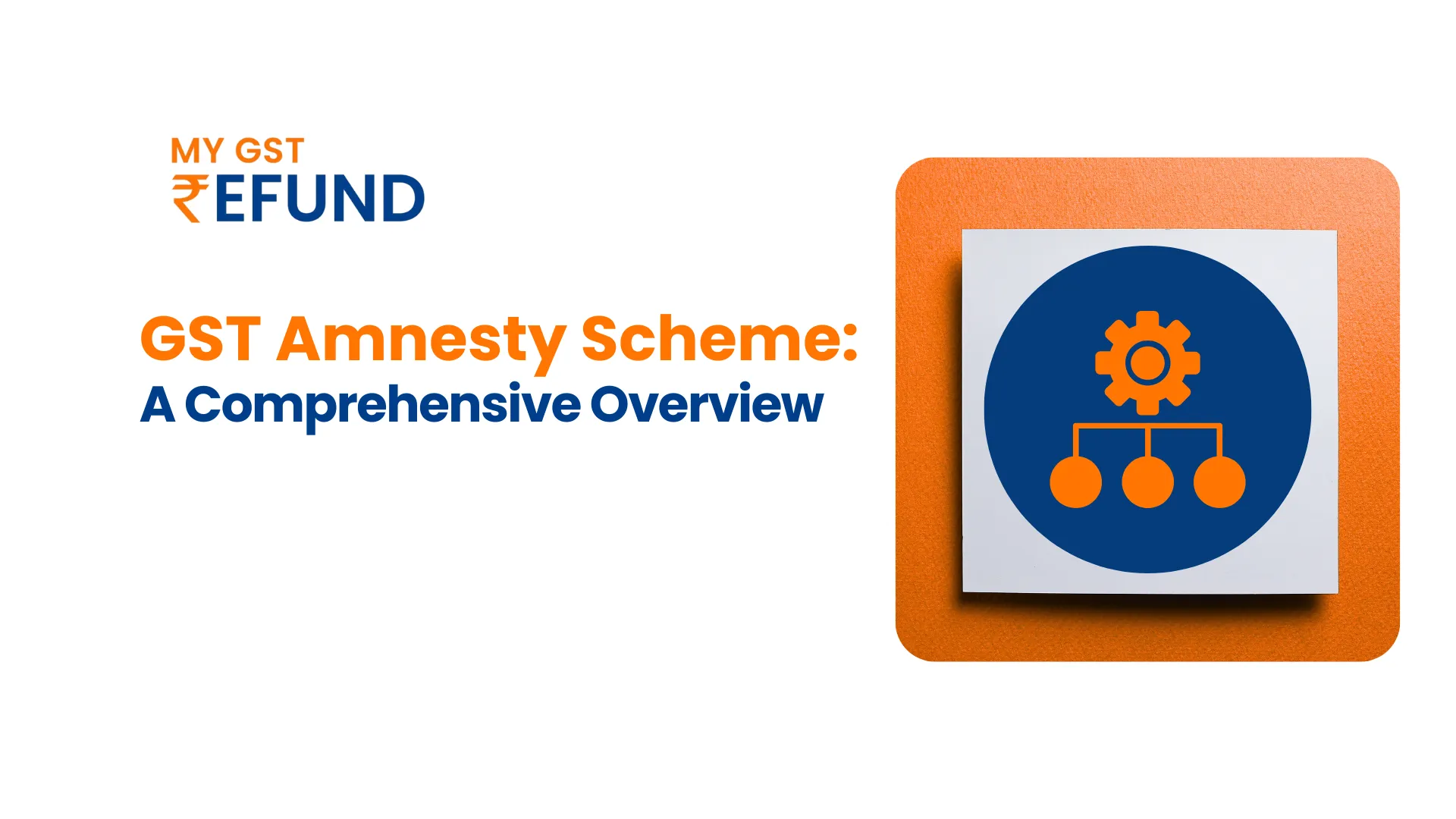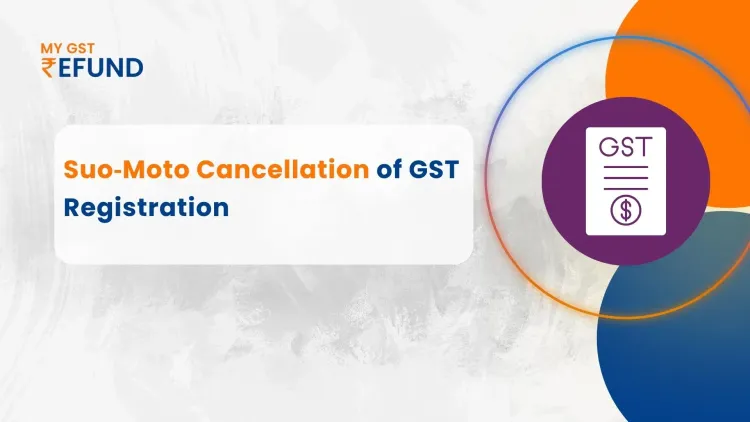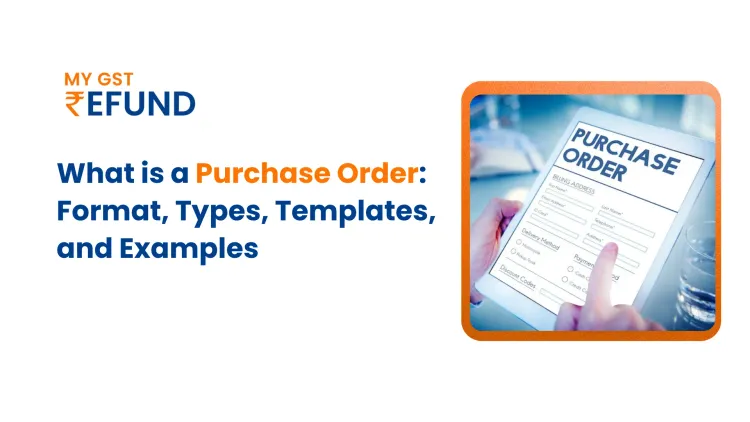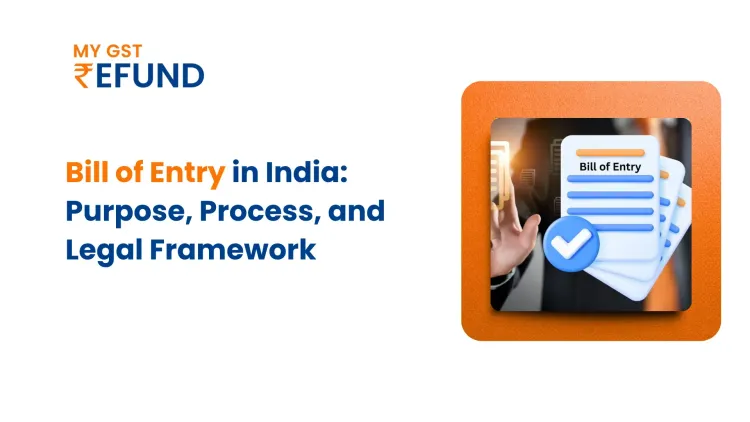GST Amnesty Scheme: A Comprehensive Overview
The Indian government established the GST Amnesty Scheme as a relief initiative which assists taxpayers with issues implementing GST regulations. The Indian government established GST on July 1, 2017, to abolish numerous indirect taxes. Small and medium enterprises (SMEs) with businesses had difficulty with technical problems along with changing regulations and compliance requirements in the first few years.
The Indian government introduced amnesty schemes as ongoing efforts to help businesses face their issues. Taxpayers receive assistance through these schemes, which eliminate and reduce late fee payments and interest charges and penalty burdens. The schemes contain provisions which support businesses to follow GST regulations while decreasing the number of legal conflicts.
The guide summarises the background of the scheme while concentrating on the GST Amnesty Scheme 2024 (Section 128A). This blog outlines the relief system of past schemes from 2021 and 2023 and presents specifications regarding beneficiaries and benefits alongside the difficulties they encounter.
History and Evolution of the GST Amnesty Scheme
The GST Amnesty Scheme has evolved to address specific taxpayer needs over time:
2019 Scheme
Taxpayers could use the first GST Amnesty Scheme between July 2017 and September 2018. Taxpayers could submit delinquent declarations under this programme but had to pay reduced penalties. The initial deadline for this scheme was shortened before becoming effective until March 31, 2019.
COVID-19 Relief Scheme (2021)
On June 1st, 2021, the government introduced a scheme through Notification No. 19/2021 to support businesses dealing with COVID-19 effects. From July 2017 to April 2021, taxpayers gained access to file GSTR-3B returns that were previously outstanding by using this system. A previous deadline of August 31, 2021, was stretched to November 30, 2021, due to Notification No. 33/2021. The extension resulted from industry leader and tax professional proposals.
2023 Amnesty Measures
A set of new amnesty measures received an announcement during the 49th GST Council Meeting in February 2023. The implementing notifications appeared as No. 02, 03, 06, 07, and 08/2023 on March 31, 2023. Through this scheme, businesses gained the opportunity to submit the filing of GSTR-4, GSTR-9, and GSTR-10 returns which were pending. The revoked GST registration status became possible through this new scheme. The announced scheme operated from April 1st until June 30th in 2023.
2024 Amnesty Scheme (Section 128A)
Additional details for the proposed amnesty scheme came out during the 53rd GST Council Meeting and received further improvements at the 54th meeting. The 164 rule enabled the scheme to operate between November 1 and October 8, 2024, after receiving the notification from Notification No. 20/2024-Central Tax. The section 73 non-fraudulent provision of the GST applies to payment cases that involve financial years 2017-18 through 2019-20. The Circular No. 238/32/2024-GST from CBIC provided guidance on taxpayer eligibility and compliance rules to taxpayers.
GST Amnesty Scheme 2024
The GST Amnesty Scheme 2024 began operation on November 1, 2024, according to Section 128A of the CGST Act. The GST Amnesty Scheme 2024 allows taxpaying citizens to resolve their debts or filing issues from the years 2017-18 up to 2019-20. According to Section 73, the scheme waives interest and penalties for non-fraud situations, but taxpayers must pay their entire tax amount before March 2025 while applying by June 2025.
Key Features GST Amnesty Scheme
Who Can Apply?
- Taxpayers with pending dues for FY 2017-18, 2018-19, and 2019-20.
- The scheme applies specifically to cases which exclude Section 74 fraud cases yet include all cases from Section 73.
Benefits
- Full tax payment lifts the legal burden for both interest or penalty.
Previous payments of interest or penalties cannot be refunded after implementation of this rule. - The programme promotes court case reduction because it stimulates taxpayers to drop pending appeals alongside government officers who pursue withdrawal of their respective appeals.
Conditions to Avail the Scheme
1. Ensure full payment of outstanding tax dues within the prescribed timeline using the cash ledger, ITC, or both.
2. Submit the application:
- GST SPL-01 (if notice is issued).
- GST SPL-02 (if a final order is issued).
3. Withdraw any pending appeals or legal cases.
4. Not applicable for cases involving wrong refunds or ineligible ITC claims (Section 16(4)).
This scheme helps taxpayers clear old dues without extra charges and reduces legal disputes.
All About the GST Amnesty Scheme 2023
The 2023 GST Amnesty Scheme, implemented via notifications on March 31, 2023, addressed multiple compliance issues. Below is a detailed breakdown:
Notification 02/2023 – GSTR-4 (Quarterly/Annual)
The latest notification enables composition taxpayers to file their GSTR-4 returns starting from July 2017 through March 2019 and each FY 2019-20 to 2021-22 with reduced late fees. The amount of ₹500 late fee must be paid for each non-nil GSTR-4 return, yet nil returns remain free of charge (the fee splits into ₹250 for each CGST & SGST component). The benefit for filing returns becomes accessible starting from 1st April through 30th June 2023.
Notification 03/2023 – Revocation of Cancelled GST Registration
You can request the revocation of your cancelled GST registration through Form REG-21 by using the latest version of this form if your registration was cancelled before 31 December 2022 because you failed to submit returns during six months or two quarters or your business entered into inactivity for six months. You can still apply for revoking a cancelled GST registration even though your deadline appeal was unsuccessful. A prerequisite for application submission requires you to settle all outstanding returns, taxes and both late fees and interest expenses. The period to file your application extends to 30th June 2023.
Notification 06/2023 – Pending GST Returns & Section 62
An order issuing assessment before February 28th will no longer concern you if you failed to file GSTR-1, GSTR-3B, or GSTR-4 during the initial 30-day period. The Section 62 best judgement assessment order will be discontinued even if you filed an appeal with the authority. You can benefit from this by making full payment of all existing returns with their corresponding taxes and fees and interest by June 30th, 2023.
Notification 07/2023 – GSTR-9 (Annual Return)
Businesses operating as regular tax players now have the opportunity to submit their GSTR-9 returns during the period between 1st April and 30th June 2023, with a total late fee capped at ₹20,000, which can be split into two parts of ₹10,000 for CGST and SGST. Any extra late fee is waived. The relief period is active from 1st April until 30th June 2023.
Notification 08/2023 – GSTR-10 (Final Return)
Taxpayers whose GST registration was cancelled and who missed filing GSTR-10 within three months can now file with a maximum late fee of ₹1,000 (₹500 for CGST & SGST each). Any extra late fee is waived. The deadline is 30th June 2023.
Benefits Across GST Amnesty Schemes
Waiver/Reduction of Fees:
- 2024: Full waiver of interest and penalties.
- 2021: Late fees capped at Rs. 1,000 (tax liability) or Rs.500 (nil returns).
- 2023: Concessional late fees for GSTR-4, GSTR-9, GSTR-10.
Litigation Reduction:
The agreement promotes conflict resolution as it becomes more important in 2024 due to the removal of appeals.
Re-registration:
- 2023: Extended revocation for cancelled GSTINs.
- The revocation period for the programme was extended until September 30th, 2021, through Notification No. 34/2021.
Compliance Support:
Taxpayers receive a new opportunity through this system to standardise their financial information.
Financial Relief:
Small and medium enterprises discover financial benefits through the programme, which helps them recover from economic shocks.
Challenges and Limitations
1. Tight Deadlines:
- 2024: Tax payment by March 31, 2025; waiver application by June 30, 2025.
- 2021 & 2023: Limited windows (e.g., June 30, 2023, for the 2023 scheme).
2. No Refunds:
- 2024: No refunds for prior interest/penalty payments.
3. No Interest Waiver (Earlier Schemes):
- 2021: Late fees reduced, but interest on tax dues remained.
4. ITC Restrictions:
- No extension for ITC claims (e.g., Section 16(4) limits claims to the September GSTR-3B or annual return due date of the following year).
5. GSTR-1 Exclusion:
- 2021: No relief for late GSTR-1 filings.
6. Complexity:
Filing forms (e.g., GST SPL-01/02, REG-21) requires documentation and expertise.
7. Awareness:
- Many SMEs lack knowledge or access to scheme details.
Recommendations for Improvement
New tax relief programs should extend their coverage to GSTR-1 registrations and ITC claim administrations and interest payment exemptions in order to help taxpayers receive broader support. The system requires simplification through simplified forms together with dedicated helplines as well as Clear’s GST software to ensure swift and correct filing processes. An education program through awareness campaigns must be deployed to show taxpayers how to meet their filing requirements while demonstrating the benefits available to them. Taxpayers need extended flexibility during the filing process through the ability to modify their returns and extend Inner Connected Taxes claim deadline periods when required.
Conclusion
Through multiple iterations between 2019 and 2024, the GST Amnesty Scheme provides taxpayers with essential benefits by eliminating fines and late fees and helping them stay within legal compliance requirements. The 2024 scheme established in Section 128A delivers its benefits by waiving all interest costs and fine fees from non-fraudulent taxpayers within the FY 2017-18 to 2019-20 period. Taxpayers continue to face multiple difficulties due to both shortened deadlines as well as restrictions on ITC usage and cumbersome administrative processes. Taxpayers must act promptly while using professional tools such as Clear’s GST software for efficient filing to take advantage of these schemes for stabilising their financial situation and normalising their GST operations.
FAQs
1. What are the eligibility criteria for the GST Amnesty Scheme 2024?
Taxpayers can benefit from the GST Amnesty Scheme 2024 when they have overdue GST payments combined with unfiled returns from the financial years 2017-18, 2018-19, and 2019-20. Section 73 of the CGST Act presents eligibility conditions which apply to this scheme for non-fraud cases. The eligibility requirement of this scheme demands that all pending appeals regarding these dues must be officially withdrawn by the taxpayer. Taxpayers must fulfil each requirement mentioned under the scheme in order to utilise the specified benefits.
2. What are the benefits of the GST Amnesty Scheme 2024?
The scheme provides significant relief by offering a full waiver of interest and penalties on outstanding GST dues. However, to avail of this benefit, taxpayers must ensure that the entire tax amount is paid by March 31, 2025. By participating in this scheme, businesses can also reduce litigation risks and bring their GST compliance status up to date without facing additional financial strain.
3. How can I apply for the GST Amnesty Scheme 2024?
To apply, taxpayers must first pay the full tax amount they owe, excluding any interest or penalties, by March 31, 2025. After making the payment, they need to file the appropriate application form—either GST SPL-01 or GST SPL-02—depending on whether a notice or final order has been issued in their case. The deadline for submitting the application is June 30, 2025.
Related Posts









